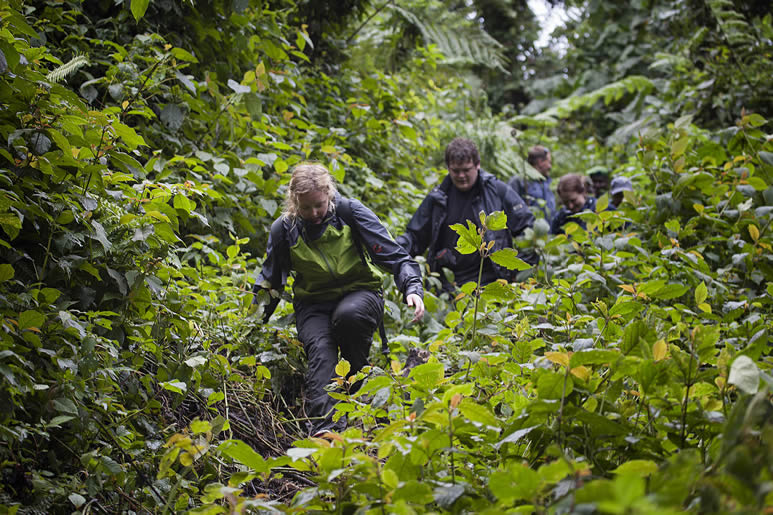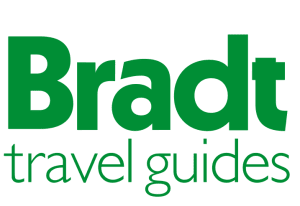DR Congo
Safety Tips for Travelling to Dr Congo
“The risk is highest in the east and north-east regions. If you’re travelling to these areas, seek professional security advice. Crime rates are very high, especially in Kinshasa and the country’s east. Risks increase after dark. Ensure your accommodation is secure. Don’t walk alone in Kinshasa, even during the day”
These are the sort of warning that you will be reading when you start making plans to travel to Dr Congo to Trek either lowland gorillas in Kahuzi Beiga National Park or Mountain gorillas in Virunga and those boat expeditions on Congo river. We have prepared a number of safety tips and places you can visit as a tourist if you wish to Travel to Dr Congo safely. We work and live here meaning we know a lot of information about the place that we call home. With a number of increasing visitors, we handle each year our experience in Congo is unmatched.
Know anyone traveling to DR Congo? Share
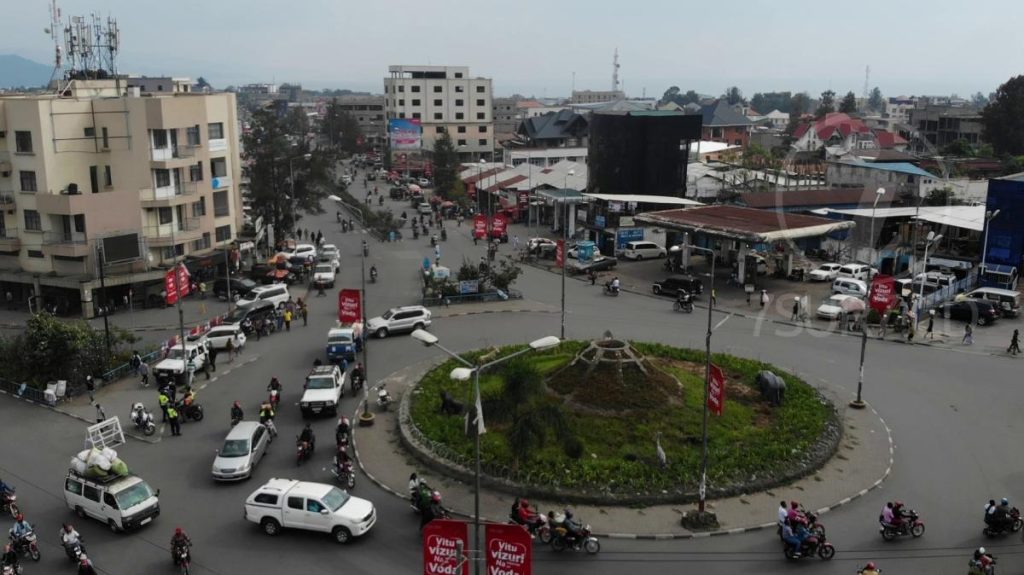
What are the safe places to Visit in DR Congo in 2023?
The safe places to visit in Dr Congo in 2023 includes the Kahuzi Beiga National Park for Gorilla trekking, Zongo Falls, Moada, Salonga National Park, Banobo trekking, pygmies in the forests, Lake Kivu, Congo River, Goma and Bukavu cities, Kinshasa among others. You can visit all the above places safely but you always have to be careful of your possessions from petty thieves and annoying DGM immigration officers.
While travelling in Congo, make sure that you avoid crowds and protests. Even peaceful protests have the potential to develop into violent situations. Avoid the locations where demonstrations are taking place, and use caution if you must be close to any sizable gatherings, protests, or demonstrations.
Health Tips while Travelling in DR Congo
You must present your yellow fever vaccination card to enter the Congo because Foodborne, waterborne and other infectious diseases are common in the Congo. Make sure you sleeping under the mosquito net every night and make use of mosquito repellent. Waterborne diseases are very common here, we strongly advise you to only drink water that is cooked or bottled and avoid eating raw vegetables and fruits that you’re not sure of.
Ebola outbreaks are not new in DR Congo, that means that you should keep up to date with the local news for any possible reoccurrence and in case of an outbreak, avoid any sort of contact with Ebola patients as this is the most effective way to protect yourself. Ebola is way easier to prevent unlike Covid19. HIV AIDS risk is high in Congo, make sure that you use protection anytime you have sex with people that you don’t know or trust.
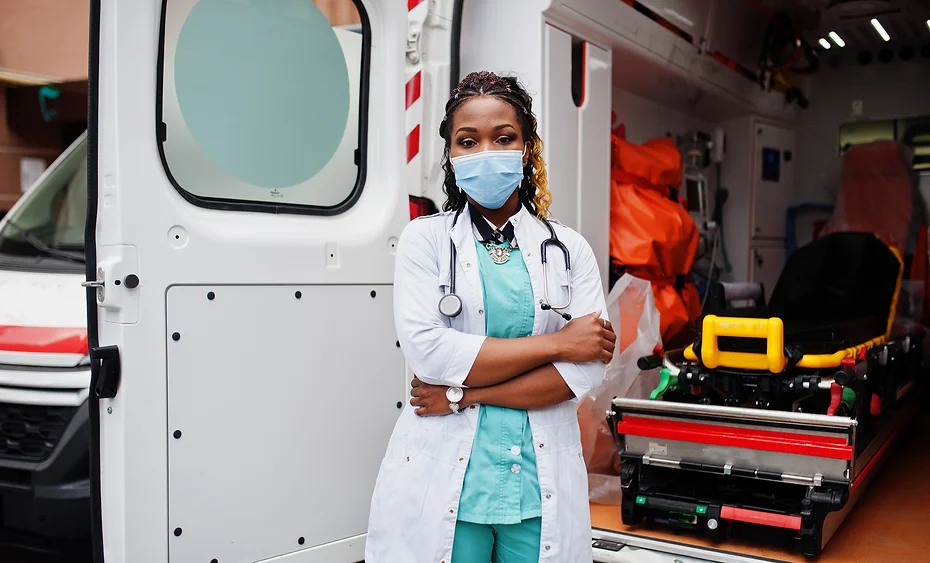
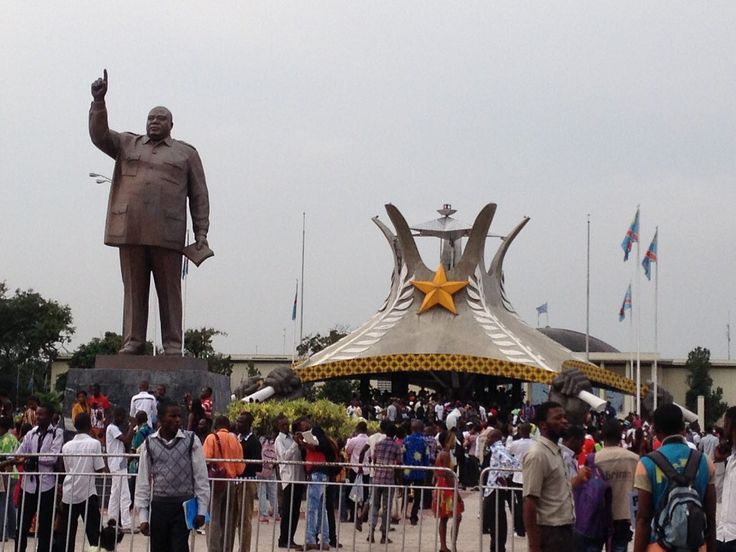
Getting around in DR Congo
Almost all visitors need a visa to enter DRC. You must acquire a visa before entering DRC and you can’t get this on arrival. In certain situations, we can prepare for you a document that will allow you to get visa on arrival in case you visit parks like Kahuzi Beiga National Park or Virunga National Park or in case you don’t have a DRC embassy in your home country. A yellow fever card OR proof of vaccination is Mandatory for all travelling arriving in DRC.
Avoid taking photos of key government building s and military installments, as innocent as it seems, this will automatically land you into troubles and you might end up in jail. Police and military check points are everywhere in DR Congo, they will stop and ask for your passports and visas on the road. Please be polite and ready to show this. Wearing military like cloths is strictly forbidden. Don’t be like one of our polish guests that was undressed by the military for wearing these sorts of cloths even after we had warned him not to.
What to Pack for your Congo Trip?
- Two to three pairs of quick-drying, lightweight pants or slacks (if going on a hike);
- 1 sweatshirt or sweater • 1 wind- and water-resistant jacket
- Gloves – gardening or similar (for gorilla trekking)
- Strong waterproof hiking boots/shoes – pants should be tucked into socks and boots while trekking, even sports shoes can work.
- Hat-wide brim or with a visor for sun protection
- Sleepwear, Underwear, Lightweight wool socks, Swimsuit (and a plastic bag)
Miscellaneous
- Sunscreen
- Sunglasses with neck strap
- Insect repellent with DEET
- Small day pack
- Flashlight
- Binoculars
- Extra batteries
- Camera and extra lenses
- Film particularly fast film for the gorillas.
- Personal toiletries
- Prescription medicines and possibly prescription itself
- Kleenex tissues
- Small notebook
Rehydration sachets, aspirin, cold medicine, antiseptic cream, bandages, motion sickness medications, lip balm, eye drops, and personal medication are all included in the first aid kit.
